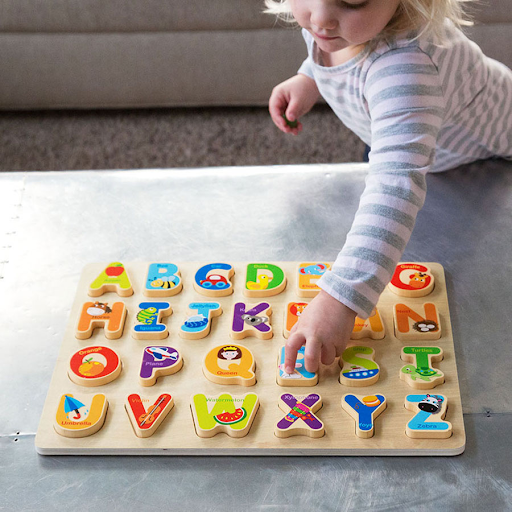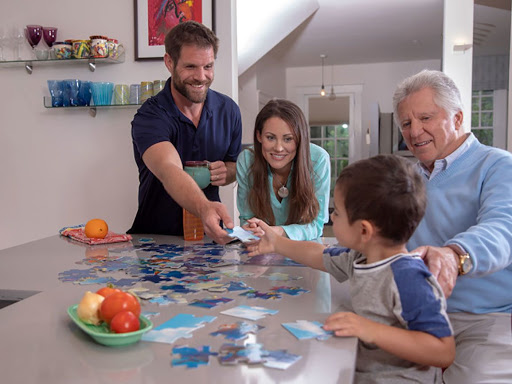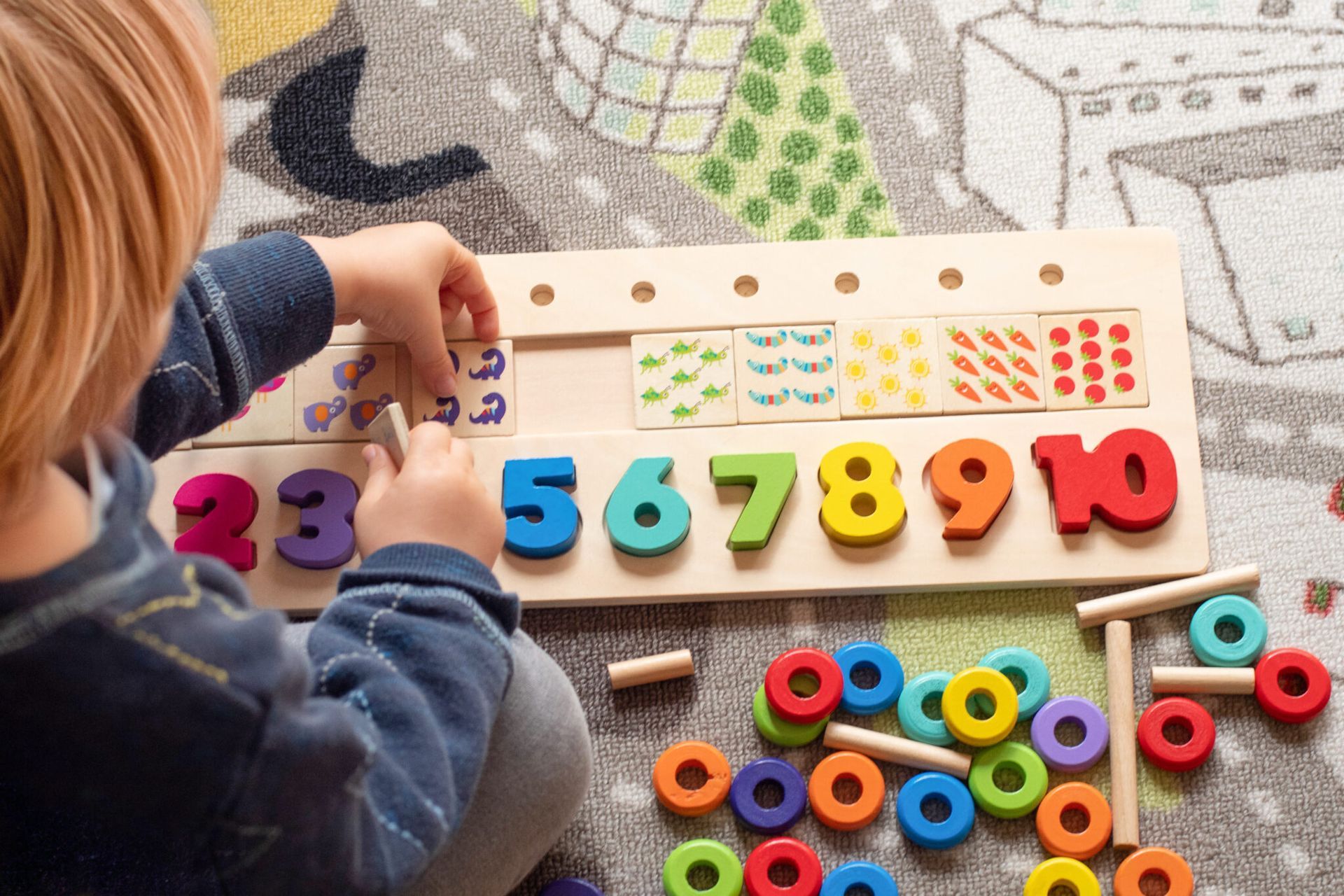The Benefits of Puzzles for All Ages
There are few toys and games that have stood the test of time in the same way that puzzles have. No matter your age, you likely remember playing with puzzles as a toddler or child. And with the varieties of puzzles out there, from wooden puzzles, jigsaw puzzles, tangram puzzles, or even “brain teaser” puzzles, there is something for everyone. It’s important to consider the benefits of puzzles at each stage of life, from kids learning their names to seniors keeping their minds sharp.
Infants and Toddlers
As you may expect, puzzles are infinitely beneficial to infants and toddlers. For this age group, they should be playing with puzzles designed for their age group – mainly puzzles with big pieces to avoid them being a choking hazard. Larger pieces are also helpful for infants and toddlers to work on their dexterity and fine motor skills by holding the pieces and putting them in the puzzle. For this age, the puzzles should be relatively simple also in terms of content. They may be simple shapes, bright colors, or even basic letters and words. Infants and toddlers may not be ready to recognize and vocalize letters yet, but playing with these puzzles will help them with pattern matching and fine motor skills mentioned previously.

Children
Parents should work on expanding the puzzles that they offer once their children move past the toddler age group. Puzzles with words, colors, shapes, or everyday objects can help children with advanced pattern recognition. Experts consistently rank pattern recognition as a crucial skill for overall intelligence. Another benefit of puzzles at this age is learning letters, words, and the child’s name. Here at Hollow Woodworks, we specialize in making names into puzzles – either as a traditional wooden puzzle , a name train , or our signature puzzle stools with the child’s name on the step of the stool. Children successfully learning their names, letters, colors, and numbers early on will benefit them inside of school and out, and these skills can all be worked on through puzzles.
Tweens/Teens
Finding activities for “tweens” (ages 9 to 12) and teens (13 to 18) that don’t involve screens and digital aspects is all the rage right now. With these age groups constantly being on devices for school, activities, with their friends, and in their free time, many parents seek out traditional activities that don’t involve a screen to keep some variety in the kid’s life and rest their eyes. Many types can be a perfect fit. The puzzles can be education-based, like color and letter puzzles are for young children, but more advanced. Parents might look for puzzles mapped to practice naming states, capitals, or countries. Puzzles could also be pictures of famous places that can garner a historical discussion. In the end, tweens and teens can benefit from doing puzzles simply as a fun, relaxing non-digital activity.

Adults
Puzzles for adults? Similar to the benefits for tweens/teens, puzzles are an excellent way to destress after a long workday. Even though puzzles are still mentally stimulating tasks and take effort from multiple parts of the brain, the nature of a puzzle is such that it should not be stressful like tasks at work or home may be. For instance, with a jigsaw puzzle, the end goal is clear: recreate the picture on the box, using the picture as a guide. For these types of puzzles, there is typically no time constraint either, which alleviates pressure. You may even consider setting up a “puzzle table” in your home and leaving a puzzle out so that you or any other family members can work on it for a few minutes each day until you finish the puzzle as a group.
Seniors
Although aging and memory loss are complex processes, studies suggest that keeping the mind active by doing physical puzzles or word/written puzzles can be helpful for seniors. Puzzles or mentally stimulating activities like crosswords, sudoku, or card games may delay the onset of dementia and other neurological conditions. They give the brain a higher “starting point” for mental decline than aging brains belonging to people who did not stimulate their brains as often. Further, seniors who may be grandparents can help the young children in their lives work through puzzles as a cognitive activity for both parties and a bonding moment.
Now that you understand the benefit of doing puzzles at all stages of life, you can browse our selection of puzzles. We have a variety of wooden puzzles, toys, and keepsakes that you won’t want to miss. The Hollow Woodworks team has been making puzzle stools for over 37 years and has made over 350,000 puzzle stools. Contact us now!
The post The Benefits of Puzzles for All Ages appeared first on Hollow Woodworks.




